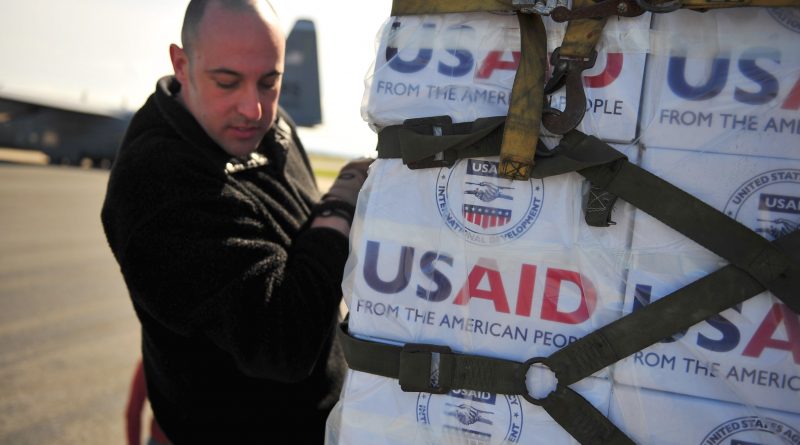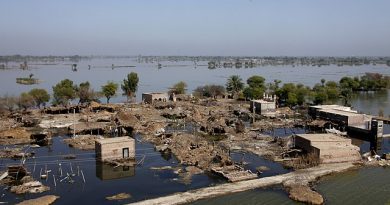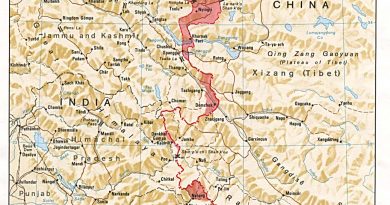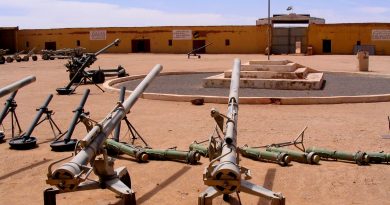Foreign Aid; Africa’s Kryptonite
Mark J. Wood
Staff Writer
What would Africa look like in a year if all foreign aid stopped flowing in? Many of Post-War policies in Africa have failed its people and will continue to do so, until radical changes are made. Foreign Aid is not the cure to Africa’s problems. Aid is seen as the remedy to corruption, poverty, disease, and war. On the contrary, aid has slowed down nations’ growths and corruption is still rife.
Africa’s Foreign Policy reeks of desperation. Since its Genesis in the 1960’s, aid has been heavily woven into the African economic policy; it should not be. If aid in the form of loans continues, there will be no end in sight for Africa’s dependence on it. A fault on African leaders is that they are not bold enough to create steps to develop comprehensive and decisive economic policies without depending on foreign aid. Whenever there seems to be an epidemic or crisis, celebrity empathizers such as Bono, and Bob Geldof hold benefit concerts to raise money for a given cause.
The whole concept of aid is built around pity. Foreign Aid creates inefficiency and enables leaders to rely on others to solve their problems, instead of coming up with creative solutions to these issues themselves.
According to the Intellectual Economist there are three types of aid to consider; Humanitarian Aid, Charity Aid, and Systemic Aid. Humanitarian Aid is aid that is sent out in response to disasters such as an earthquake or hurricane. Charity aid is intended to help people in a range of different ways such as access to clean water and vaccines. Systemic aid is payment from one government to another, or from an International Organization, such as the World Bank, to other nations. The Systemic Aid is the one that hinders Africa’s growth and prosperity the most.
African nations unofficially expect aid contributions from other countries. Knowing this, other nations provide aid to Africa in the hopes that it will enable them to have a sense of soft power over the countries receiving aid.
African leaders remain vulnerable to foreign aid, as it is a quick fix for their obstacles. Leaders count on donor aid to help fulfill their campaign promises, however, by being dependent on the West, Africa is at risk of being obliged to adhere to their benefactors’ will. This soft power approach makes African negotiators hamstrung when it comes to negotiating trade deals and foreign direct investment, as they do not have any political weight or leverage against more powerful nations. Economist, Tim Worstall, tells Forbes that “our gift to the poor of the world should be that we tear down the rules that stop them from supplying things to us.”
Growth on the African continent has been rising at a steady pace of five percent per annum. However, the gap between the rich and the poor persists. The World Bank indicates that the number of poor people increased by 50 million in last two decades.
Africa’s expectation to use aid to get out of its problems has not worked, because aid is not a sustainable solution. Nations who have not depended on aid have made more progress than African nations in reaching sustainable conditions. A term known as “Tiger Economies” refers to Southeast Asian nations whose economies have developed, without depending on foreign aid, into strong economic and industrial hubs. Tiger Economies such as Singapore and Taiwan are clear examples of economic growth, independent of foreign aid. The World Bank notes that this improvement is demonstrated in Tiger Economies who have observed a drop of 920 million people living in extreme poverty from 1990 to 2013.
African policy makers need to galvanize their efforts and have stern policies for a new economic and political dawn, independent of foreign aid. No economy has based its growth from foreign aid, and yet aid is still an expected part of Africa’s foreign policy. Africa needs to look at its Asian counterparts whose economies have grown sustainably without aid. Foreign Direct Investment, not foreign aid, is import for Africa’s development.




